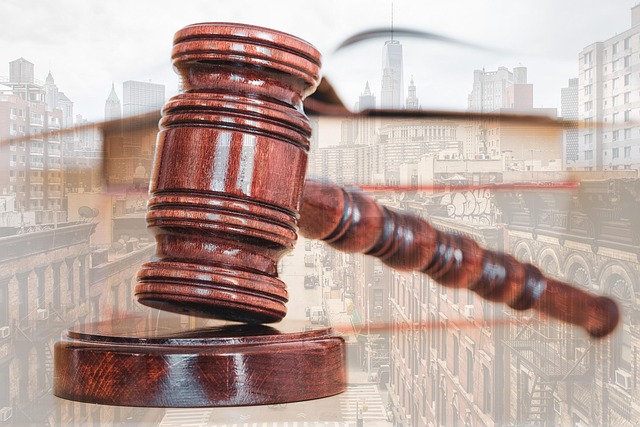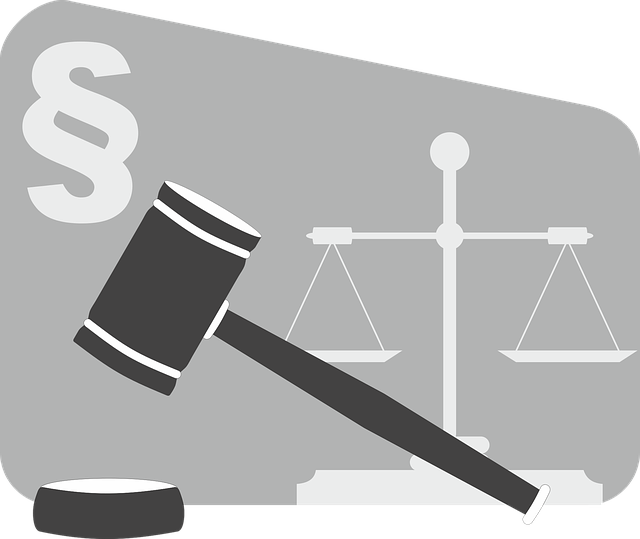Financial fraud in real estate, driven by complex transactions, requires a proactive approach. Early detection through seasoned professionals and meticulous scrutiny of financial histories, property records, and transaction patterns is crucial for resolving disputes (How to Resolve Real Estate Disputes). Advanced technologies like machine learning and AI further enhance fraud detection capabilities, predicting and preventing scams. Real estate professionals must implement robust measures, including background checks, staying informed about white-collar crime trends, establishing clear contracts, and understanding criminal defense strategies to mitigate risks and protect against financial losses in dispute resolution.
In the dynamic realm of real estate, financial fraud poses a significant challenge. This article delves into understanding and combating such fraudulent activities within transactions. We explore common indicators like unusual transaction patterns and red flags that real estate professionals should watch for. Advanced technologies play a pivotal role in efficient fraud detection, revolutionizing dispute resolution. Additionally, we offer preventive measures and strategies to safeguard against financial fraud, ultimately guiding you on how to resolve real estate disputes effectively.
- Understanding Financial Fraud in Real Estate Transactions
- Common Indicators and Red Flags to Watch Out For
- Advanced Technologies for Efficient Fraud Detection
- Preventive Measures and Strategies for Real Estate Professionals
Understanding Financial Fraud in Real Estate Transactions

Financial fraud in real estate transactions is a growing concern, as complex and high-value deals create ample opportunities for malicious actors. From falsifying documents to manipulation of market data, various forms of deception can significantly impact buyers, sellers, and lenders. Understanding these schemes is crucial for navigating the process smoothly. One of the first steps in combating this issue is educating all parties involved about potential red flags and common fraud tactics.
How to Resolve Real Estate Disputes often involves meticulous scrutiny of contracts, title transfers, and financial records. For his clients, a robust defense strategy starts with early detection. By employing seasoned professionals who can provide winning challenging defenses, respective businesses can safeguard their interests and mitigate risks. This proactive approach ensures that every transaction is conducted transparently, minimizing the chances of falling victim to fraudulent activities.
Common Indicators and Red Flags to Watch Out For

In the realm of financial fraud detection, recognizing common indicators and red flags is akin to navigating a complex landscape. Unprecedented track record of successful transactions can sometimes mask underlying fraudulent activities. Keep an eye out for unusual patterns, such as sudden changes in transaction frequency or amounts, especially when coupled with seemingly arbitrary justifications. Additionally, watch for discrepancies in financial records, like mismatched invoices or unexplained expense reports, which may point to white collar and economic crimes.
Remember that, in terms of resolving real estate disputes often entwined with financial fraud, a keen eye for detail is essential. While some cases might present clear-cut winning challenging defense verdicts, many require meticulous investigation and analysis. Look beyond the surface; delve into the intricacies of financial histories, property records, and past transactions to uncover potential red flags. This proactive approach not only aids in preventing future frauds but also ensures a robust defense strategy should disputes arise.
Advanced Technologies for Efficient Fraud Detection

In today’s digital era, advanced technologies are playing a pivotal role in efficient financial fraud detection. Machine learning algorithms, for instance, can analyze vast amounts of data to identify patterns and anomalies indicative of fraudulent activities. By leveraging historical data and real-time transactions, these algorithms can predict and prevent potential scams before they cause significant harm. Additionally, artificial intelligence (AI) enables automated screening processes that can catch subtle signs of fraud that might escape manual reviews.
How to Resolve Real Estate Disputes is a concern not just for corporate and individual clients across the country but also for financial institutions looking to maintain integrity. By integrating these advanced technologies, financial institutions can streamline their fraud detection capabilities, ensuring that transactions are secure and disputes are resolved promptly. This not only safeguards for his clients’ interests but also fosters trust in the overall financial system.
Preventive Measures and Strategies for Real Estate Professionals

Real estate professionals are often targets for financial fraud due to the high-value transactions involved. To mitigate risks, they should implement robust preventive measures and strategies. This includes thorough background checks on clients and business partners, as well as regularly updating knowledge on emerging white-collar and economic crime trends. By staying informed about common scams and fraudulent practices, professionals can better identify potential red flags and take proactive steps to protect themselves and their clients from financial losses.
Additionally, establishing clear contracts and communication channels is vital. Transparent agreements outline expectations and responsibilities, reducing ambiguity that could lead to disputes. Consistent and open dialogue with all parties involved helps in quickly resolving any issues before they escalate. In the event of a real estate dispute, understanding general criminal defense strategies can aid in navigating legal complexities. Timely intervention and adoption of these measures significantly contribute to how to resolve real estate disputes effectively and prevent financial fraud.
In the realm of real estate, financial fraud can have devastating consequences. By understanding common indicators, employing advanced technologies, and implementing preventive measures, professionals can effectively navigate these complex disputes. Mastering how to resolve real estate disputes not only protects individuals but also ensures the integrity of the industry. With the right tools and strategies, it’s possible to detect, prevent, and mitigate fraud, fostering a safer and more transparent marketplace.






